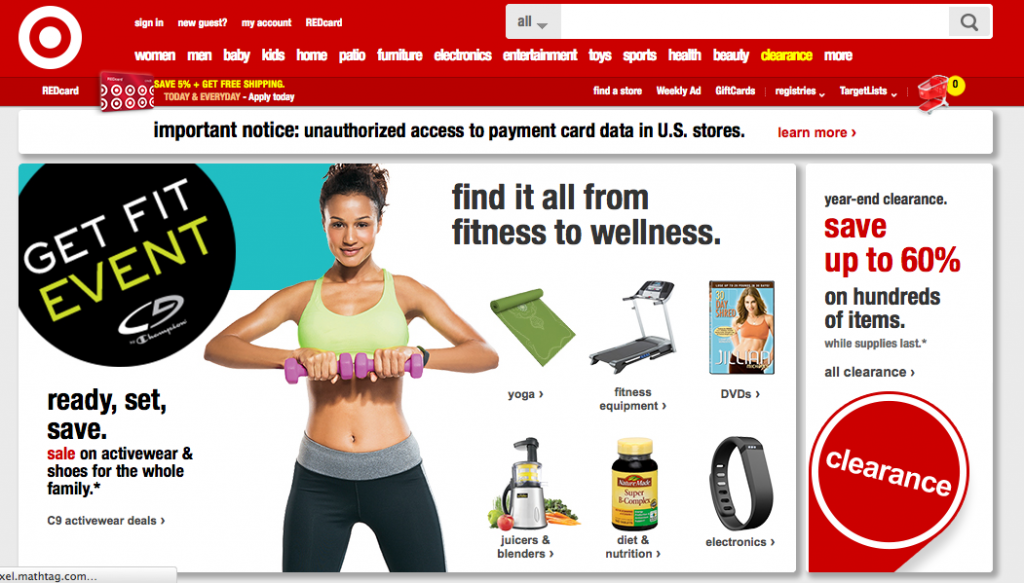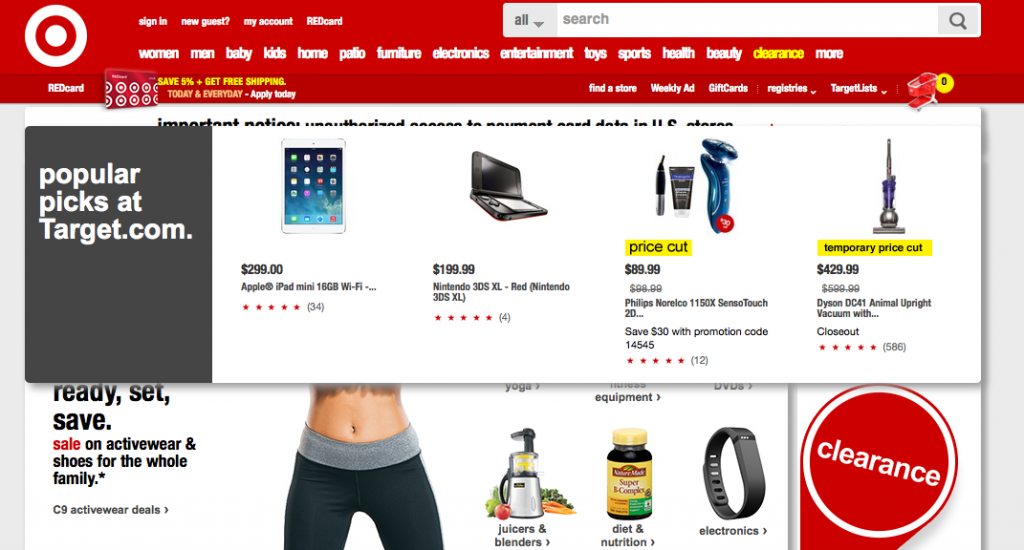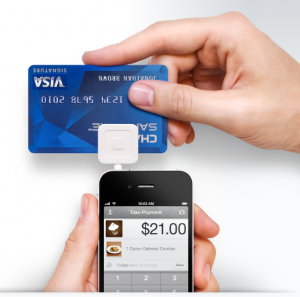What’s your take on online platforms like Amazon marketplace, AirBnB, Uber, Orbitz, and countless others?
Wired has an article about Spotify suing Apple for abusing its platform power (specifically, crippling their ability to interact with their own customers if Spotify declines to use Apple’s in-app purchase system.
The Swedish audio-streaming giant lodged a complaint against Apple with the European Commission on Wednesday, accusing the company of abusing its position as owner of the App Store to stifle competition. Specifically, Spotify says that by charging a 30 percent tax on in-app purchases, Apple forces app developers to make an impossible choice: Either pass those costs on to consumers, or refuse to pay the commission and face a litany of technical hurdles imposed by Apple. Spotify, which competes directly with Apple Music, argues that this constitutes an unfair advantage for Apple.
Read up on it here: https://www.wired.com/story/spotify-apple-complaint-warren-antitrust-issue/
A key quote from Spotify’s concern:
Ek also points out specific ways that Apple’s behavior could result in increased prices for consumers. If Spotify were to pay Apple’s commission, he says, it “would force us to artificially inflate the price of our Premium membership well above the price of Apple Music.” That’s important because antitrust law in the United States places a major emphasis on how competition affects consumer pricing.
Apple has already been fined for using it monopoly power to affect pricing:
Apple has faced antitrust enforcement action in the past over its impact on market costs. In 2012, the Department of Justice accused Apple of conspiring with publishers to raise the prices on their ebooks and withhold books from Amazon’s Kindle platform, which had imposed a $9.99 flat rate on ebooks. Apple fought the charges, but ended up paying $450 million in fines after losing in the Supreme Court.
Some criticism has been lodged against some politician’s policy proposals to divorce platform creators from selling on their own platforms (e.g. Apple Music competing on its own App Store with Spotify).
That suggestion elicited swift criticism, including from Stratechery’s Ben Thompson. “Is Senator Warren seriously proposing that smartphone be sold with no apps at all? Was Apple breaking the law when they shipped the first iPhone with only first-party apps?” Thompson wrote. “At what point did delivering an acceptable consumer experience out-of-the-box cross the line into abusing a dominant position? This argument may make sense in theory but it makes zero sense in reality.”
Reading Stratechery’s aggregator theory work is fascinating, and while I disagree with his criticism above —the market-creating behavior of Apple years ago on its then-nascent platform is to be judged differently than it’s competition-stifling behavior now on its fully mature platform—Ben is otherwise astute in his analysis of intermediaries and risks of aggregation.
Read more about the collateral damage in these “platform wars” in this blog post over at Make/Grow Local’s blog, here:
https://www.makegrowlocal.org/the-new-economics-of-multisided-platforms/
and
https://www.makegrowlocal.org/the-local-movement-needs-to-avoid-a-platform-monopsony/





 The Amazon Appstore for Android is a place where you can get a great paid app for free every day, see app recommendations based on your past Amazon purchases, and shop using Amazon’s secure 1-Click payment technology. You can also test apps on a simulated Android phone using a feature called “Test Drive.” You can shop from your computer or directly from your phone or tablet.
The Amazon Appstore for Android is a place where you can get a great paid app for free every day, see app recommendations based on your past Amazon purchases, and shop using Amazon’s secure 1-Click payment technology. You can also test apps on a simulated Android phone using a feature called “Test Drive.” You can shop from your computer or directly from your phone or tablet.
